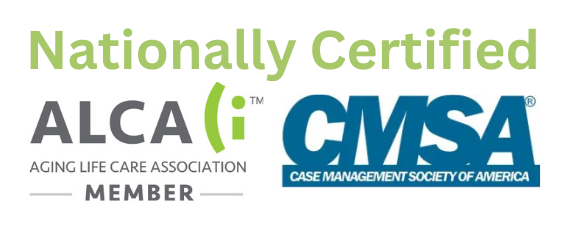The right to vote is extremely valued among our elderly population and to those with disabilities. The outcomes of elections can affect them considerably as vulnerable populations. For some seniors, assistance is a simple as a ride to the voting station or an auxiliary aid to read the choices out loud. Others require more advocation. Unfortunately, many qualified voters are not given the chance to vote due to misunderstandings or prejudicial assumptions about their conditions and what constitutes a qualified voter. The Voting Rights Act of 1965 prohibits excluding someone the right to vote based on a citizen’s ability to read, write, attain a certain level of education, or pass an interpretation test. The Americans with Disability Act prohibits a state from categorically disqualifying all persons with intellectual or mental health disabilities from participating in the voting process due to their disability. One example of this is that polling places cannot exclusively require a driver’s license for voter ID as a person with a physical handicap may not be able to qualify to drive. Other forms of valid ID must be considered. Another example is that persons with dementia cannot be excluded solely because of their diagnosis.
Dementia is a symptom that effects people to varying degrees, some very mild and some severe. Some dementia symptoms are even conditional and temporary based on other health or traumatic situations. This means that some persons with dementia are perfectly capable of researching and forming a reasonable opinion on what or for whom, to vote. If you have questions on this topic or are interested in ways that you can assist someone you know, contact your local Care Manager at Shelton Care Management for more information.







